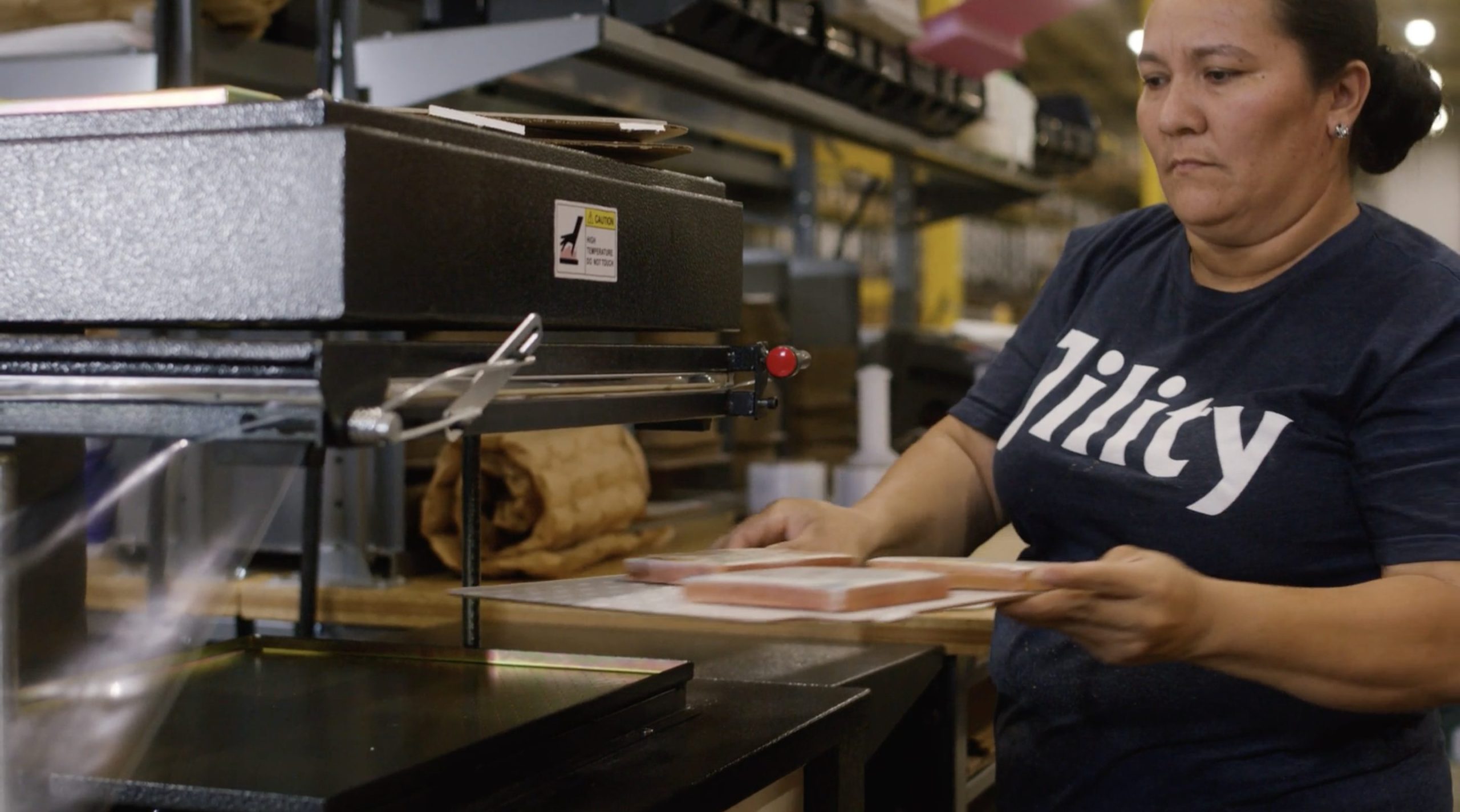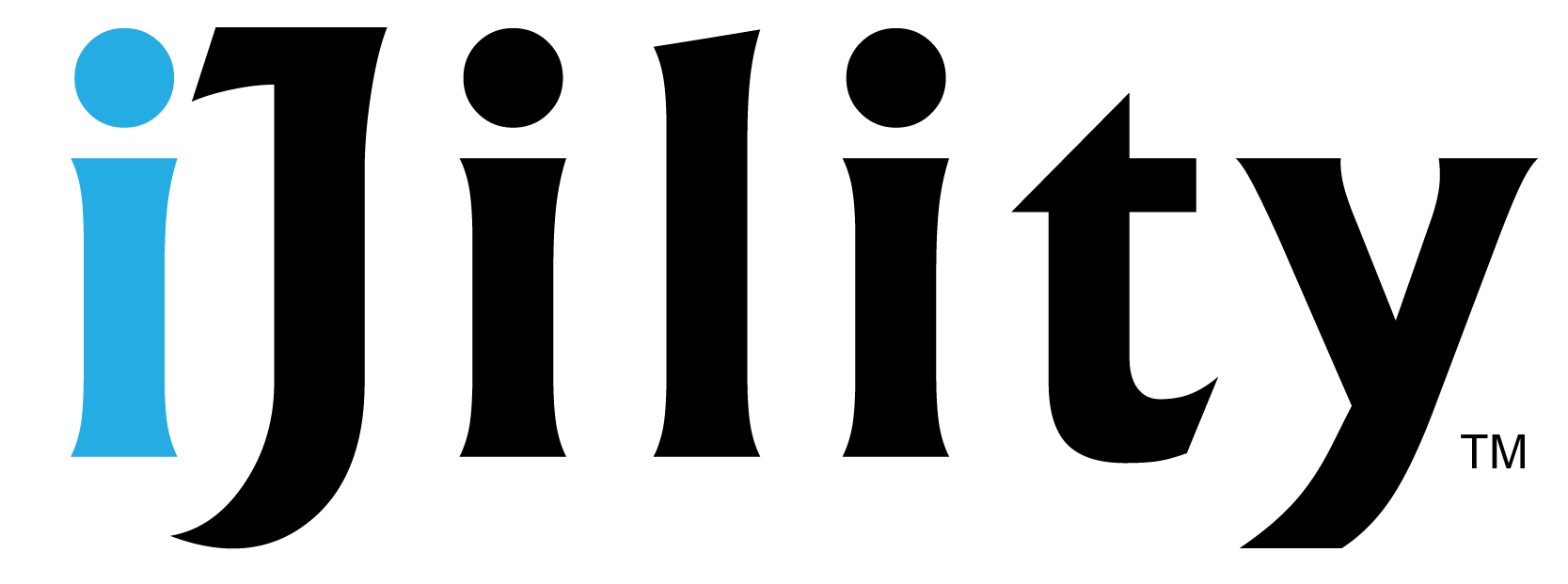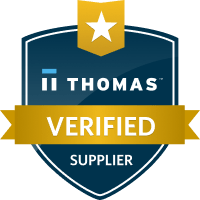
Key Takeaways
- Fostering a culture of fairness and respect plays a crucial role in boosting employee engagement in light manufacturing.
- Open communication channels and empathetic leadership are essential for cultivating a supportive work environment.
- Employee engagement strategies should not only focus on work efficiency but also include moral support and recognition.
- Training and development opportunities can significantly enhance employee engagement, leading to improved performance and productivity.
In the light manufacturing industry, employee engagement is more than a buzzword—it’s a strategic necessity. The strength of the mental and emotional connection employees feel towards their work, their team, and their organization significantly impacts productivity, efficiency, and overall performance. With labor shortages and high turnover rates posing significant challenges, a focus on strategies to boost employee engagement in light manufacturing has never been more important.
Cultivating a Culture of Fairness and Respect
Creating an environment where employees feel valued and respected is the cornerstone of any successful employee engagement strategy. One of the key elements to achieving this is ensuring equal treatment for all employees—irrespective of their role or location within the company. This involves offering the same benefits, perks, and opportunities to frontline workers as those provided to corporate employees. By doing so, companies demonstrate their commitment to fairness and respect, which in turn fosters a sense of belonging and loyalty among their workforce.
Another critical aspect is clear communication about available resources and how to access them. This ensures all employees are aware of and can leverage the support provided by the organization. Additionally, companies should foster open communication channels between management and employees, encouraging workers to voice their concerns, ideas, and feedback. Regularly seeking input from employees before implementing changes that affect their work environment or processes not only builds trust but also instills a sense of ownership and engagement among employees.
Leadership plays a vital role in cultivating a culture of fairness and respect. Managers should be trained to lead with empathy, actively listen to their team members, and provide moral support in addition to ensuring work efficiency. Frequent check-ins—both formal and informal—can help build trust and rapport, thereby boosting employee engagement. Remember, a manager’s role is not just to ensure work gets done but also to provide moral support—a critical factor for employee engagement.
In conclusion, cultivating a culture of fairness and respect is a key strategy for boosting employee engagement in light manufacturing. By ensuring equal treatment, fostering open communication, and promoting empathetic leadership, companies can create a work environment where employees feel valued, respected, and engaged.
Recognizing and Rewarding Employee Contributions
Recognizing and rewarding employee contributions is another fundamental strategy in boosting employee engagement in light manufacturing. It’s not just about compensation; it’s about showing genuine appreciation for the hard work and dedication of your employees. An effective recognition and reward system can significantly increase job satisfaction, motivation, and retention among your workforce.
Implement a Comprehensive Recognition Program
Start by implementing a comprehensive employee recognition program. This program should celebrate the achievements, milestones, and loyalty of your workers. It could include public recognition of work anniversaries, exceptional performance, or innovative ideas contributing to the company’s success. Showing appreciation for the efforts of your employees reinforces their value to the organization, leading to increased motivation and productivity.
Offer Monetary and Non-Monetary Incentives
Offer a mix of monetary and non-monetary incentives to show appreciation for your employees’ hard work and dedication. Besides fair base salaries, consider performance-based bonuses, spot awards, or profit-sharing programs. These incentives should align with the company’s goals and values, helping to foster a sense of ownership and engagement among your workforce.
Provide Opportunities for Career Growth
Invest in your employees’ professional growth. Provide opportunities for career development, such as training programs, mentorship, and clear paths for advancement within the organization. This initiative not only demonstrates your commitment to their long-term success but also can significantly improve retention rates. After all, employees are likely to stay where they see a future and a chance for growth.
Celebrate Team Successes and Milestones
Finally, acknowledge and celebrate team successes and milestones. This could involve organizing team-building events, sharing success stories in company-wide communications, or providing group rewards for reaching specific targets or goals. Remember, collective efforts contribute to the company’s achievements. Celebrating these achievements fosters a sense of camaraderie and shared purpose, further enhancing employee engagement.
In essence, recognizing and rewarding employee contributions is crucial in any strategy to boost employee engagement in light manufacturing. It shows appreciation, fosters a sense of ownership, provides opportunities for growth, and celebrates team successes—key factors in creating an engaged and motivated workforce.
Prioritizing Employee Well-being and Safety
The health, safety, and overall well-being of your employees should always be at the forefront of your management strategy. Prioritizing these aspects not only helps to create a positive workplace culture but also plays a significant role in boosting employee engagement in light manufacturing.
Emphasize Employee Safety
First and foremost, make employee safety your top priority. Regularly assess and address potential hazards in the work environment. Provide necessary protective equipment and train your employees on safety protocols and best practices. Ensuring that all workers feel secure and protected in their workplace establishes trust and can significantly increase their level of engagement.
Promote a Healthy Work-Life Balance
Encourage a healthy work-life balance. Flexible scheduling options, such as compressed workweeks, job sharing, or staggered shifts, can significantly contribute to this balance. Accommodating employees’ personal needs not only increases their satisfaction but can also lead to enhanced engagement and productivity.
Support Healthy Habits
Supporting healthy habits among your employees is another essential strategy. Provide access to wellness programs, on-site fitness facilities, or subsidized gym memberships. Prioritize mental health by offering resources like employee assistance programs (EAPs) or stress management workshops. A healthy employee, both physically and mentally, is more likely to be an engaged employee.
Create a Supportive and Inclusive Work Environment
Lastly, create a supportive and inclusive work environment that values diversity, equity, and inclusion. This strategy goes beyond just ticking boxes for corporate social responsibility. Providing training for managers and employees on unconscious bias, cultural sensitivity, and effective communication helps build a sense of belonging and respect among all team members. A workforce that feels valued and respected is more likely to be engaged, productive, and committed to the organization.
A safe and healthy work environment, a balanced work-life culture, support for healthy habits, and an inclusive workplace—all these strategies contribute to the well-being of your employees. And an employee who feels valued, respected, safe, and well-cared for is more likely to be committed and engaged in their work.
Investing in Employee Development and Growth
Investing in your employees’ development and growth is a vital strategy to boost employee engagement in light manufacturing. It not only increases their skill set and knowledge but also shows your commitment to their career advancement.
Comprehensive Training and Development Programs
Equip your employees with the skills and knowledge needed to excel in their roles and adapt to evolving industry demands. Offer comprehensive training and development programs, including technical training, leadership development, or cross-functional learning opportunities. By doing so, you are not only preparing your employees for their current roles but also for future opportunities within your organization.
Robust Performance Management System
Implement a robust performance management system that provides regular feedback, coaching, and goal setting. This will help your employees understand their strengths, areas for improvement, and potential career paths within the organization. A clear understanding of their performance can motivate your employees to improve and engage more in their work.
Continuous Learning and Collaboration
Encourage continuous learning by providing access to educational resources such as online courses, industry conferences, or tuition reimbursement programs. Foster a culture of knowledge sharing and collaboration where employees can learn from one another and contribute to the collective expertise of the organization. Remember, a learning employee is an engaged employee.
Proactive Workforce Development Initiatives
Finally, proactively address skills gaps and labor shortages by investing in workforce development initiatives. Partner with local educational institutions, offer internships or apprenticeships, and diversify recruitment approaches to attract talent from underrepresented groups. Companies can address acute worker shortage by focusing on workforce development, training, STEM and diversifying recruitment approaches. This not only helps to fill your immediate needs but also builds a talent pipeline for your future requirements.
Prioritizing employee well-being and safety, and investing in their development and growth are proven strategies to boost employee engagement in light manufacturing. These strategies not only improve the overall work environment but also contribute to the success of your organization. So, are you ready to implement these strategies and create a more engaged and productive workforce?
Schedule a discovery call with us at iJility and get a complimentary iJilitySTUDY™ to start maximizing scalability and achieving your growth goals.
Author: iJility


